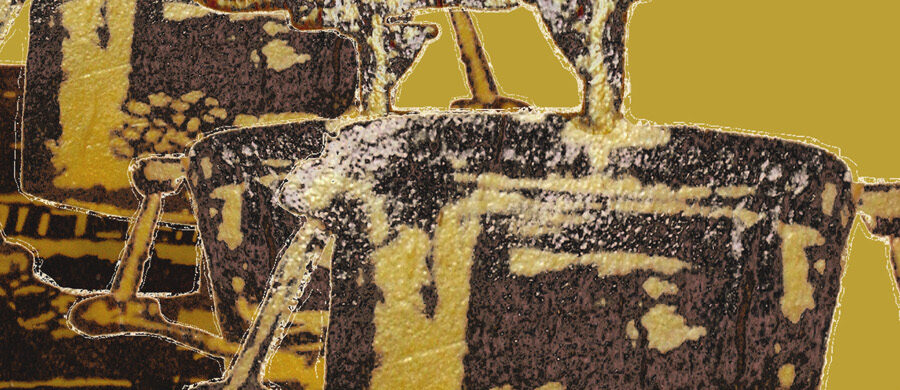Author: Minor Compositions
-

A Users Guide to (Demanding) the Impossible
A Users Guide to Demanding the Impossible by the Laboratory of Insurrectionary Imagination This guide is not a road map or instruction manual. It’s a match struck in the dark, a homemade multi-tool to help you carve out your own path through the ruins of the present, warmed by the stories and strategies of those…
-
Reconsidering Commodities & Markets
Seminar: Reconsidering Commodities & Markets Wednesday May 4th, 2011 @ 1pm University of Essex Room 3.108 Seminar presentations by: Cecelia Cassinger (Essex), Emma Dowling (Queen Mary), Stephen Duncombe (NYU), George Tsogas (Cass) What would commodities say if they could speak? Marx’s question can seem playful in some registers. And yet, objects voice themselves not only…
-
New Lines of Alliance, New Spaces of Occupation
New Lines of Alliance, New Spaces of Occupation May 30, 2011, 7PM @ xero, kline, & coma 258 Hackney Road London E2 7SJ At the dawn of the 1980s, in the wake of the defeat of the autonomous movements of the 1970s, Félix Guattari and Antonio Negri embarked on an extraordinary collaboration to rescue communism…
-

The Occupation Cookbook
The Occupation Cookbook or the Model of the Occupation of the Faculty of Humanities and Social Sciences in Zagreb Introduction by Marc Bousquet Translated from the Croatian by Drago Markisa The Occupation Cookbook is a “manual” that describes the organization of the student occupation of the Faculty of Humanities and Social Sciences that took place…
-
I’m so broke I can’t even pay attention
I’m so broke I can’t even pay attention: Rethinking Social Wealth In & Against Times of Austerity March 27th, 2011, 1PM @ The Co-Prosperity Sphere, Chicago Tom Waits once quipped that he was so broke that he couldn’t even pay attention. While Waits is not typically thought of as a theorist of crisis, in a…
-
San Precario Network Screening + Discussion
San Precario Network Screening + Discussion December 5th at 7PM 16 Beaver Street 4th floor, New York Over the past fifteen years the idea of precarity has emerged as a key area of social conflict and political organizing. But what is precarity, and what does a focus on it mean for political organizing and social…
-

New Lines of Alliance, New Spaces of Liberty
New Lines of Alliance, New Spaces of Liberty by Félix Guattari & Antonio Negri “The project: to rescue ‘communism’ from its own disrepute. Once invoked as the liberation of work through mankind’s collective creation, communism has instead stifled humanity. We who see in communism the liberation of both collective and individual possibilities must reverse that…
-
Curating Resistance :: Aesthetics & Ethics in Social Movement
Curating Resistance :: Aesthetics & Ethics in Social Movement :: October 25th, 2010:: University of Essex :: :: Ivor Crewe Lecture Hall Seminar Room :: 1PM – 5PM :: Participants: Paul Halliday (Goldsmiths) // Antigoni Memou (University of East London) // Matthew Poole (Essex) // Stefanie Tan (Glasgow) Abstracts for the seminar are available here.…
-
Metropolitan Strategies, Psychogeographic Investigations
Metropolitan Strategies, Psychogeographic Investigations :: A Drifting Seminar :: Brighton, October 26th, 2010 :: Starting @ the Cowley Club, 2PM The notion of psychogeography (as well as many other ideas of the Situationists) appears frequently within political and artistic discussions. Indeed, they circulate to the point of cliché, in the process becoming almost completely emptied…
-
Immanent Singularities
Immanent Singularities: A Minor Compositions Interview with Bruno Gulli As a philosopher and academic worker, Bruno Gulli is nothing if not untimely. In an era when the labor of thought, the work that creates new concepts, finds itself squeezed by an ever-increasing array of restrictions (from journal and publisher limitations to lack of time from…

